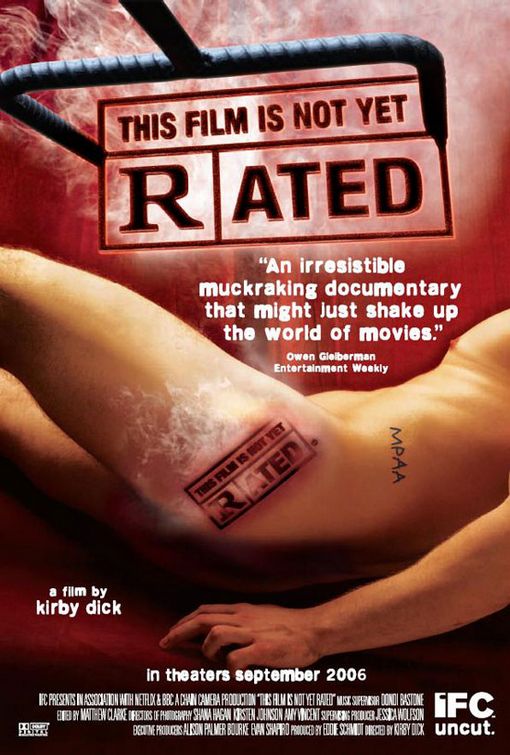Anyone can predict the weather, but it doesn't mean it will rain or snow or be sunny. What happens happens, and there's really nothing any of us can do about it.
That's especially true in publishing.
Take me for instance. Ever since I was in middle school I wanted to be a writer. Through the years, I came up with a game plan that I did my best to follow. I wouldn't settle for second best. I knew I wanted to be published and published big, so I searched for an agent. After years and years and writing different novels, I finally got an agent, and I knew -- just knew -- that I had made it. But the first book didn't sell, as neither did the second. In the end I parted ways with my agent, and wrote another novel, and got a new agent. And I knew -- just knew -- that this was going to be the one. But the book he shopped around didn't sell, as neither did the next book.
Then I write a little essay that isn't supposed to be read by more than a dozen people and suddenly words gets around and a publisher contacts me and my agent about doing a book. (For those newer to this blog, details of what went down can be found here.)
Is this how I always envisioned myself entering into the wild and wacky world of publishing? Not at all. But it's a start, and I'm more than happy to take it.
Most importantly, there was no way anyone could have ever predicted that would happen.
No way at all.
Just like with what happened recently with my friend Joe Schreiber. If you remember from a few blog posts back, he finally sold his young adult book Au Revoir, Crazy European Chick. Despite having been rejected by a number of other houses, Houghton Mifflin picked it up in a two-book deal. Great, right?
Well, earlier this week it was reported that Paramount won the movie rights in a very aggressive bidding war with Fox for a nice chunk of change. How friggin' fantastic is that? I remember having lunch with Joe months and months ago, talking about an early draft of his manuscript, and never once did either of us ever imagine that something like that would happen. But it did, and it couldn't have happened to a nicer and more deserving guy.
So predictability? You just can't do it. You can want something to happen, but it certainly doesn't mean it will.
The other day my agent called. He had just finished reading my new novel, a thriller. He liked it, but had one issue. He told me what that issue was. I said, "That's a pretty major factor in the entire book." He said, "Well, yes and no." He gave me some ideas and then said that if I didn't want to work more on it, he would be willing to go out with it as is.
I could have gone the easy route. The lazy route. I could have just told him that yeah, take it out as is. But doing that would have been extremely stupid of me, and I like to think I'm not a stupid person.
As writers, it's important to understand one basic fundamental truth: we are not as good as we'd like to think we are. In fact, we will probably never be as good as we'd like to think we are. And we need to remind ourselves of that daily. Because when we start to believe we're as good as we think we are, that's when the true laziness sets in and our writing starts to fall apart. We should always be trying to make our work as good as we can make it, and then try to make it even better.
My novel? I understand my agent's concern with it, and I plan to fix it. I think I even know how. But by doing so involves a pretty lengthy revision. Almost a rewrite. The story itself isn't changing, but still many, many chapters need to be reworked. But it's okay, because in the end I know it'll be worth it.
Well, hopefully.
But as I mentioned before, I'm currently working on a Y.A. novel. I plan to finish that first, then start up the reworking on the thriller. Which means that it'll be pretty quiet around this ol' blog for awhile. Don't expect many posts from me unless it's purely promotional stuff for the anthology (and with the release date quickly approaching, there will be many). Maybe there will be a random post here and there, but for the most part, I want to concentrate more on these books. I'll still be active on Twitter, of course, and somewhat active on Facebook, so hit me up there.
For now, though, I leave you with a different bit of unpredictability. In case you haven't seen it yet, a woman went through the drive-thru of McDonald's and wanted McNuggets. It was still breakfast time, and they told her sorry, no McNuggets. And this woman, she freaked. There's no audio for the clip, so I also included a video of the McNugget rap. Play them both at the same time (or start the rap video around the 20 second mark of the first video for optimal enjoyment) and watch the crazy lady go crazy.
httpv://www.youtube.com/watch?v=-Eu_Vvnh6ko
httpv://www.youtube.com/watch?v=XSZ6k3QIsAk


